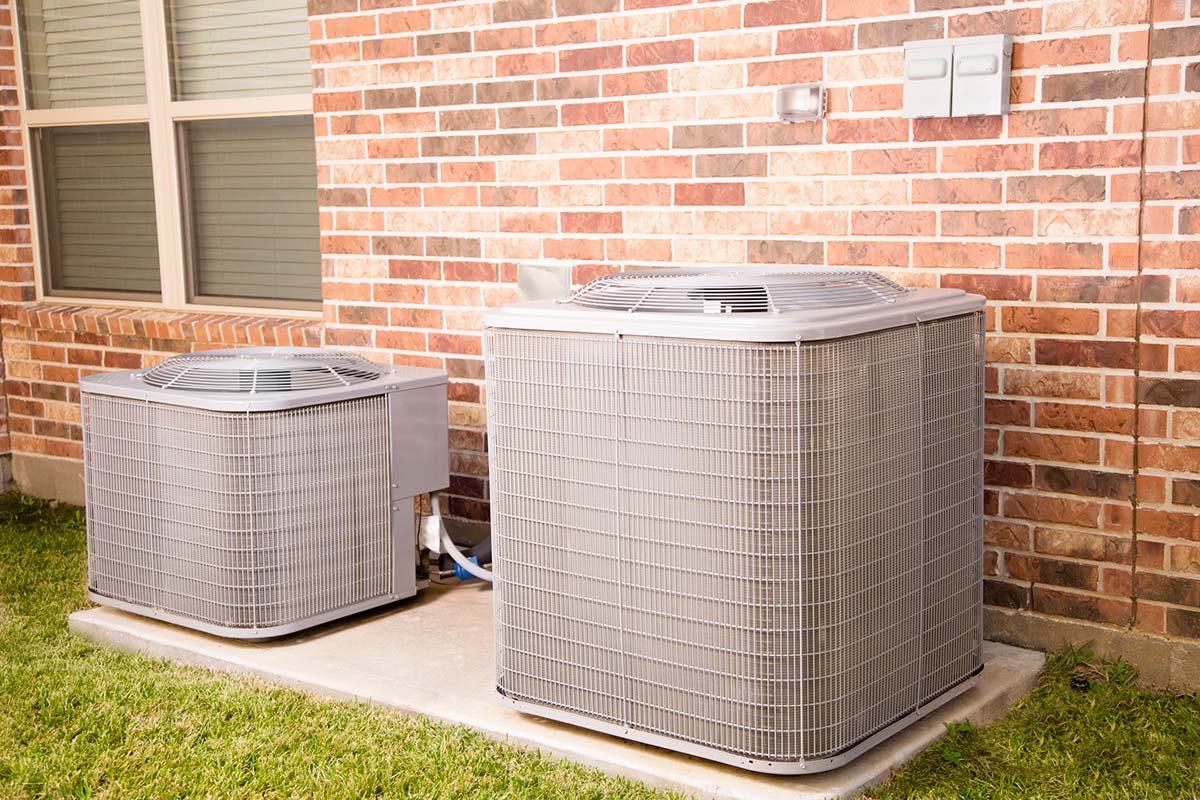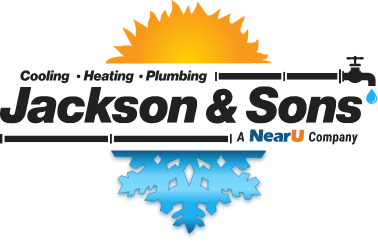
HVAC systems are innovative machines. You simply set your thermostat, and then an entire network of parts and components spring into action to heat and cool your Eastern North Carolina home. If you would like to know the basic workings of your HVAC system to optimize performance and comfort, get to know the important ingredient that makes forced-air heating and cooling possible: refrigerant.
History of Refrigerants
In terms of HVAC applications developed a decade ago, the term refrigerant is a generic name given to blended chemicals that have the ability to absorb and release heat energy. This transfer of heat energy is accomplished by manipulating the chemical blend with pressure, which makes the chemical alternate between liquid and gas phases. HVAC refrigerants were once made of combustible, toxic, and ozone-depleting substances. Now, HVAC refrigerants are ozone-safe.
You may have heard of popular HVAC refrigerants by their trademarked names, Freon (R-22) and Puron (R-410A). As of January 1, 2020, it is illegal to manufacture or import R-22 in the United States. This means all new HVAC systems use R-410A, which delivers much greater energy efficiency and is safer for the environment. So, when it comes time to repair your old AC or heat pump that still uses R-22, you may be much better off upgrading to a new HVAC system.
Role of Refrigerants in HVAC Systems
The entire purpose of your HVAC system is to manipulate refrigerants to transfer heat energy. In the most basic HVAC terms, this is accomplished using two fans, two coils, a compressor, and ductwork. Here’s how it works:
- A fan located inside the indoor air handler pulls air across the indoor coil.
- The refrigerant in the coil absorbs heat energy from the air (i.e., in cooling mode).
- The cooled air is blown through the supply ducts to your home.
- A fan pulls air across the outdoor coil, and heat energy is released.
- The compressor manipulates refrigerants between liquid and gas phases.
To schedule HVAC service to check refrigerant, airflow output, and more, call the Eastern North Carolina HVAC professionals at Jackson & Sons today!

